Quality control is crucial in automotive chemical manufacturing because it enables experts to identify defects and ensure products meet the required industry standards. This reduces the risk of vehicle malfunctions occurring and helps to keep everyone safe.
As we explain below, chemical manufacturers like ReAgent produce a variety of chemicals for the automotive industry. All of these products – from antifreeze to brake fluid – must go through a rigorous quality control process to ensure they’re effective and safe to use.
Continue reading to learn more about the importance of quality control in automotive chemical manufacturing and discover how we can support the automotive industry.
In this post:
What is automotive chemical manufacturing?
Automotive chemical manufacturing is a specialist sector within chemical manufacturing. Some chemical manufacturers produce multiple types of automotive chemicals including motor oils, brake and transmission fluids, cleaning agents, antifreeze, and refrigerants. Others specialise in making just one kind of product.

As many of the chemicals used in automobiles have multiple applications, this type of manufacturing inevitably overlaps with other industries. Antifreeze, for instance, is also used in the aviation industry to prevent ice from forming on planes before take-off.
Some automotive chemicals, such as industrial-grade electroplating products, are sold on a B2B basis, while others like car polish wax products are sold directly to the end-user or consumer.
The importance of quality control in automotive chemical manufacturing
Quality control in automotive chemical manufacturing is important because it ensures products are effective, efficient and, most importantly, safe. Maintaining high standards of quality control can help businesses build a good reputation and improve consumer satisfaction. It also enables them to comply with regulatory requirements and industry standards.
If product defects are found during the quality control process, corrective action can be taken. In some cases, this might mean making changes to the production process or improving the quality of the raw materials used.
There are several ways to ensure quality control processes are accurate and precise. Below are some examples.
Well-trained staff
Ensuring staff receive the right training is essential if chemicals are to be manufactured to a high standard. In some cases, incorrectly measuring a reagent by as little as a few millilitres, or allowing the temperature to fluctuate by just a couple of degrees, can ruin an entire batch.
Employing people who are experts in their field, or providing the necessary training, can help to prevent such errors. Not only will staff members understand the importance of precision, but they’ll know to correct mistakes before they occur.

Precise & clear documentation
From employee handbooks and machine manuals to daily operation protocols, every automotive chemical manufacturer should have clear and precise instructions in place.
As well as ensuring the manufacturing process remains efficient, clear documentation promotes accountability and makes it easier to identify errors and possible negligence.
Conclude testing
Quality control involves subjecting batches or product samples to rigorous testing to determine whether they pass certain standards. However, you don’t need to test every product in the batch – sampling is usually sufficient if it’s statistically significant. Testing should only be concluded if no mistakes or defects are found.
Clean & controlled environment
Working in a clean and controlled environment is essential when it comes to quality control. Many automotive chemicals require precise calibrations in terms of the concentration of the reactants.
However, this can only be done accurately if there are no extraneous chemicals or contaminants present. At ReAgent, we even have dedicated cleanrooms for products that need to be packaged under strict hygienic conditions.
Establish a step-by-step quality control procedure
Quality control management is about more than simply testing products to check for defects. An automotive chemical manufacturer should have a step-by-step quality control procedure in place covering areas like quality planning, quality assurance, and quality improvement.
ReAgent is a supplier to the automotive industry
ReAgent is a highly-reputable chemical manufacturing company that supplies chemical products to the automotive industry, among others. Based in Runcorn, Cheshire, we understand the unique requirements and challenges facing the automotive sector.
Whether you require a precursor or a finished product, our expert technical team will work closely with you to meet your needs.
How to start a career in the chemical industry
To start a career in the chemical industry, you’ll need to undergo specialist training or formal education. You’ll have a better chance of being employed in this sector if you have a baccalaureate degree in chemistry or chemical engineering. You might also have to complete on-the-job training at a chemical manufacturing facility.
You can read more about careers in the chemical industry here.
Summary
Quality control in the automotive chemical manufacturing industry is extremely important. It allows workers to detect product defects and ensures chemicals meet the required safety standards. Employing highly-trained staff, having clear documentation and maintaining a clean and controlled environment, are just some of the ways chemical manufacturers can ensure quality control. It’s also important to establish a comprehensive quality control procedure based on a ‘Plan, Do, Act, Check’ cycle.
















